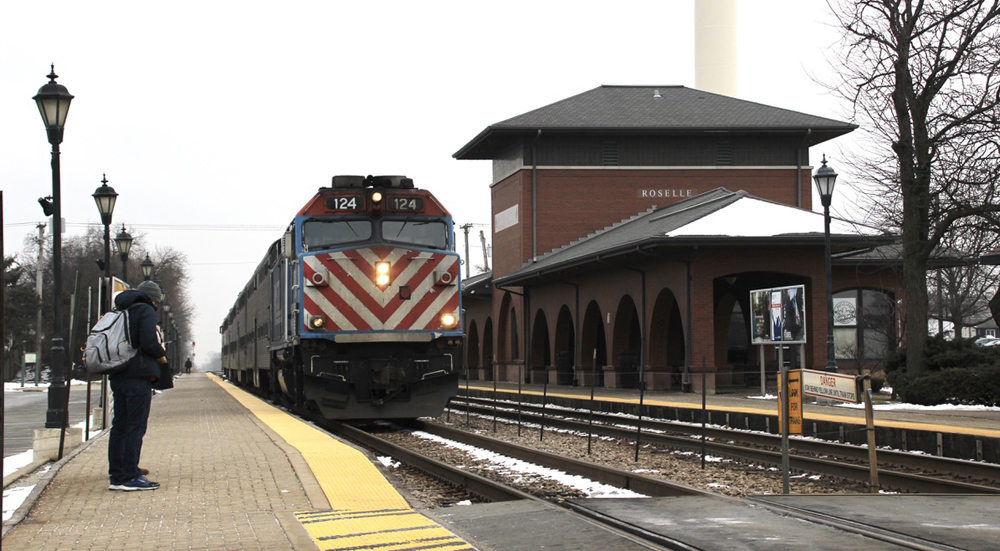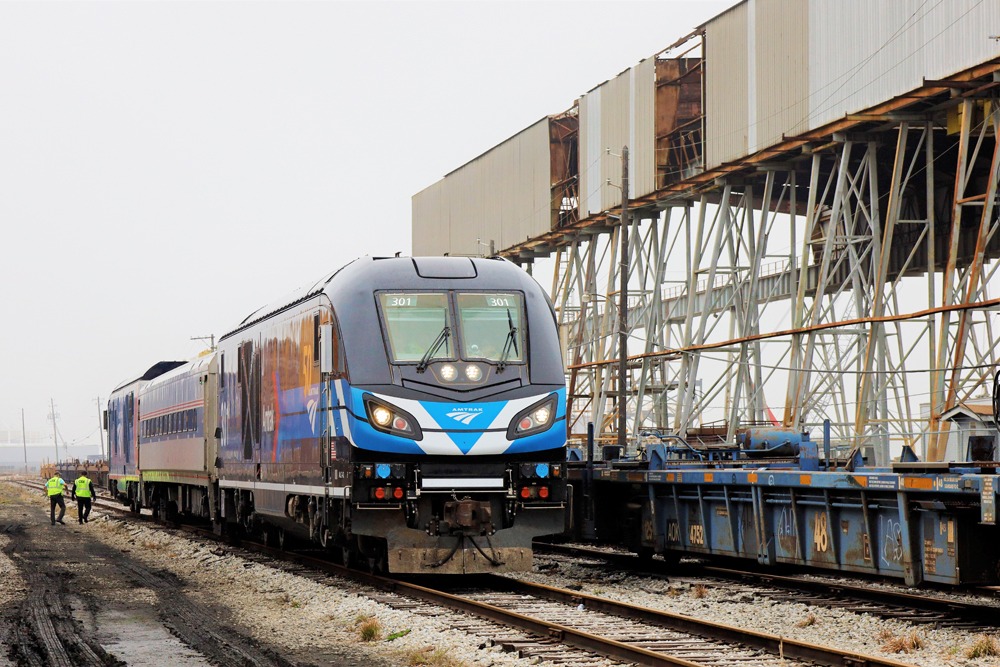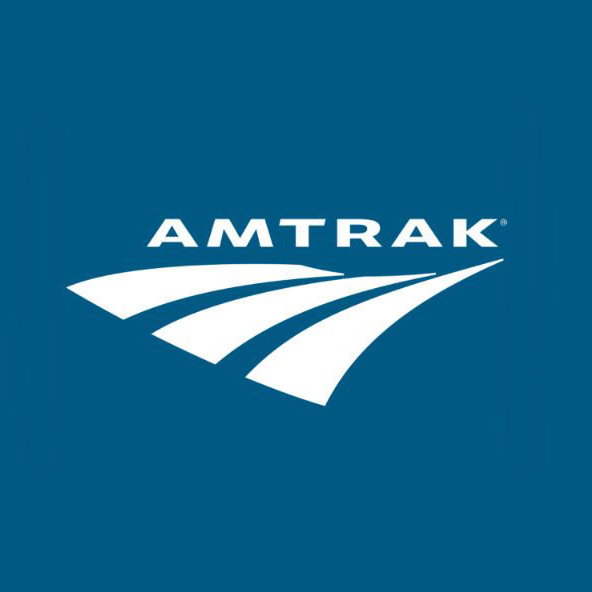
WASHINGTON — In March, Metra said it would oppose the Canadian Pacific-Kansas City Southern merger because changes to freight operations in the Chicago area would increase commuter train delays by 400%.
Last month, Metra’s more detailed analysis of the revised operating plan CP and KCS submitted to federal regulators showed the merger actually would increase delays per 100 train-miles by 1,200%.
Now Metra has spotted errors in its traffic modeling and says the delays would be less than its original projections.
The merger would cause an estimated 299% increase in delays per 100 train miles for commuter trains on CP lines, Metra said in a July 9 filing with the Surface Transportation Board.
Metra’s consultants told the board that two errors crept into their Rail Traffic Controller analysis. First, the dispatching algorithms failed to efficiently dispatch Metra trains in the last day of simulations on the Milwaukee District West Line. The second involved a small statistical error.
Neither error nor the subsequent corrections change Metra’s overall analysis, Thomas Crowley and Robert Mulholland told the board.
“These changes do not impact the analysis and conclusions drawn by Messrs. Crowley and Mulholland, nor do they change any other aspect of the evidence, analysis, conclusions, or requests for conditions submitted by Metra in these proceedings,” Metra wrote in its filing. “Metra’s position remains that the several-fold increase in anticipated delays to Metra’s trains as a result of the Transaction will severely harm essential commuter rail service in the Chicago area, and therefore the Board cannot approve this Transaction.”
Metra apologized for discovering the error so late in the process. Rebuttal comments regarding the merger are due on Tuesday. Metra said it would not oppose an extension of the deadline so that interested parties could have time to comment on the revised traffic modeling results.
CP plans to file a detailed response to Metra’s concerns.
“That filing will outline how Metra’s method and analysis of the proposed CPKC train traffic is flawed and their sensational conclusions about increased delays are just plain wrong. CP is keenly aware of the importance of efficient passenger rail services and CP has been a good partner to passenger service operators, including Metra,” CP said in a statement on Monday. “Metra service will not be adversely affected and the additional freight trains will not be scheduled to run during the busiest peak Metra service hours of the morning and evening rush hours. CP continues to discuss what the proposed merger means for the Metra Milwaukee District West corridor directly with Metra officials.”














All of the Blah Blah Blah about the CP KCS Merger
I am still sticking to my 2 suggestions to appease Metra.
– Build a pass through at the west end of Bensenville Yard to allow Metra trains to pass through unhindered, most likely just below grade
– Build either a flyover or restore a bridge where CPKC will bring traffic down to route to Clearing to remove the clogging backup move at Cragin.
For those of us not in the know, where and what bridge to “restore” do you mean?
Looks like the computer and technical errors are a facing saving way for Metra to show that they are reducing their demands. Maybe secret negotiations are going on behind the scenes?
Railway Age magazine used to have regular “Passenger Trains on Freight Railroads” conferences. There is one presentation I wish I had on video wherein “representatives” from the railroad and a government authority sat down to discuss a potential new passenger train. Everything in the skit was based on real dealings between private and public entities. The line that will forever stay with me was the railroad pointing to the “study” commissioned by the state, with no input from the railroad, and saying, “It’s not worth the paper it’s printed on.”
Metra accomplishing two things solves all the problems. 1) Force CP to convey the train dispatching for the C&M (CHI-Rondout), Fox Lake, and Elgin Subs to Metra who has had a centralized train dispatching facility since the earky
early 90’s and 2) Get the STB to order the capacity expansions north at Tower A20, north of it on the C&M, and on the connection ramp up to the UP Milwaukee Sub. The latter program will help alleviate the delays caused by CP freights operating between the C&M and the west end of Bensenville Yard via the UP to Bryn Mawr and Tower B17.